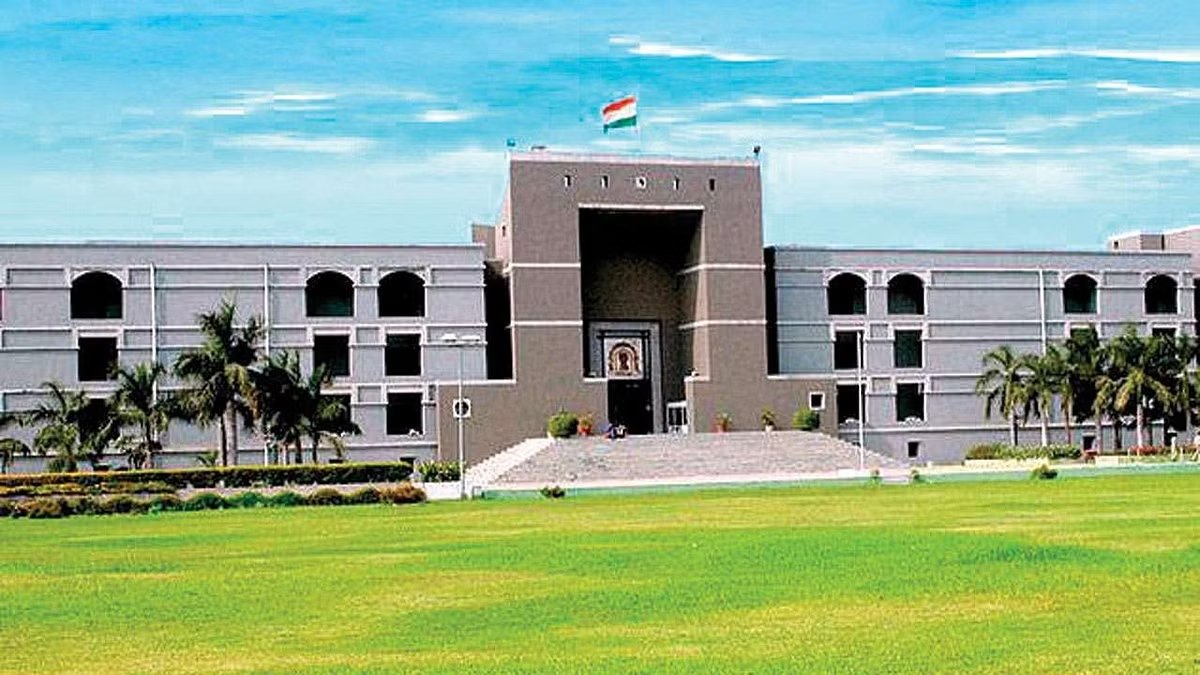Introduction
The Kerala State Road Transport Corporation (KSRTC) has been facing financial challenges due to the unprecedented impact of the ongoing pandemic. However, it is crucial to highlight the government’s commitment to the well-being of its employees, including the timely payment of salaries. The recent criticism from the High Court regarding the delay in salary payment for the month of July requires a closer look at the measures being taken to address this issue.
Section 1: Streamlining Financial Processes
Recognizing the importance of timely salary payments, the Kerala government has been actively working on streamlining financial processes within the KSRTC. Efforts are being made to strengthen the corporation’s financial management, ensuring that adequate funds are allocated for salary disbursement each month. Various cost-cutting measures have also been implemented to overcome the financial challenges faced by KSRTC, ultimately benefiting its employees.
One such measure includes the optimization of operational efficiency and reduction of unnecessary expenses. This involves a comprehensive review of existing routes and schedules to identify areas of improvement. By eliminating underperforming services and adjusting frequencies, the KSRTC aims to minimize costs without compromising on the quality of its services. These strategic steps contribute to a more sustainable financial model, allowing the government to fulfill its commitment towards timely salary payments.
Section 2: Digital Transformation for Enhanced Efficiency
To further enhance efficiency in financial processes, the Kerala government has embarked on a digital transformation journey. Digital platforms are being developed to automate various functions, including salary disbursement, expense tracking, and financial reporting. This digitalization initiative not only expedites the overall process but also reduces administrative errors, ensuring accurate and timely salary payments for KSRTC employees.
By adopting advanced technologies like cloud-based accounting systems and employee self-service portals, the government aims to create a paperless and transparent financial ecosystem. Employees will have real-time access to their salary details, tax deductions, and other relevant information through a user-friendly interface. This step not only improves employee satisfaction but also saves valuable time and resources for the KSRTC, enabling a more efficient payroll management system.
Section 3: Ensuring Employee Well-being
The commitment of the Kerala government extends beyond timely salary payments. Measures are being taken to ensure the well-being of KSRTC employees during these challenging times. Employee support programs, including mental health initiatives and counseling services, are being implemented to address the psychological impact of the pandemic. These programs aim to promote a positive work environment, fostering resilience and overall well-being among employees.
Additionally, the government is exploring ways to provide financial assistance to employees in need, considering the unique circumstances faced by many during this period. By establishing collaboration with various welfare organizations and leveraging existing social security schemes, the Kerala government aims to provide necessary support to KSRTC employees, further demonstrating its commitment to their welfare.

Conclusion
In conclusion, while the recent criticism from the High Court highlights the delay in salary payment for KSRTC employees, it is important to recognize the Kerala government’s commitment to address these challenges. Through streamlining financial processes, digital transformation, and ensuring employee well-being, the government is actively working towards timely salary payments and overall welfare of the KSRTC workforce. The dedication and perseverance exhibited by the government in these trying times reflect its commitment to the employees and the state as a whole.



